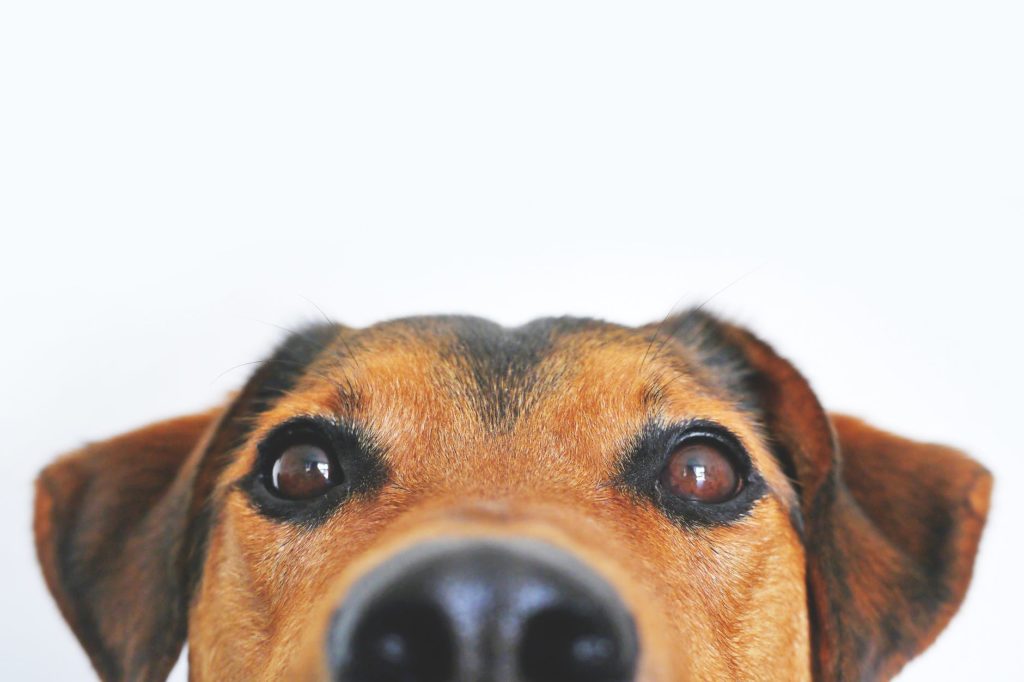
Wishing a Happy Thanksgiving to all our friends and family, including the furry & four-legged! As we give thanks and break bread this holiday, we must not break the rules for our pets. The greatest gift we can give our pets is to keep them safe from unhealthy or harmful foods.
The Main Dish – Turkey:
Small bites of cooked, boneless and skinless turkey are OK to be shared in moderation with our pets. Avoid feeding raw turkey, as it can be contaminated with bacteria. Do not feed bones/carcasses, as they can damage the intestinal tract and/or cause an obstruction. Also, turkey skin and dark meat should be avoided, as these fats are hard for animals to digest and can lead to pancreatitis.
Side Dishes:
Many Thanksgiving dishes contain ingredients toxic to pets, such as onions, leeks, garlic, grapes, raisins, and yeast dough. We recommend you skip sharing any side dishes. However, you can share some raw fruits and vegetables, such as apples, carrots, green beans, sweet potato and plain pumpkin, which are safe and healthy foods your pets can enjoy. Just remember, moderation is key. For more information on foods to avoid feeding your pets, visit: https://www.aspca.org/pet-care/animal-poison-control/people-foods-avoid-feeding-your-pets
Desserts:
Desserts should not be shared with our pets. As most of us know, chocolate, especially baking chocolate, is extremely hazardous to our pets. Cake batter including raw eggs can cause salmonella poisoning. Also, xylitol, an artificial sweetener used in many gums and sugar-free baked goods, is toxic to cats and dogs. Many pets will seek out sweets, so be sure to keep these items far from your animal’s reach.
Plants:
Some flowers and plants, such as Amaryllis (Belladonna), Baby’s Breath, Hydrangeas, Poinsettas, Holly and Mistletoe, are poisonous to pets. For a comprehensive list on toxic and non-toxic plants, visit: https://www.aspca.org/pet-care/animal-poison-control/toxic-and-non-toxic-plants
It is important that everyone in the house knows and plays by the rules. Sweet and savory smells are tempting to many pets, so be sure to keep all dishes, plates and leftovers out of reach. Use pet-safe trash disposal and take out trash immediately. Most importantly, keep a close eye on your pets.
If you are concerned your pet has eaten something poisonous, contact your veterinarian immediately. You may also want to call the ASPCA Poison Control Hotline: 888-426-4435. Signs of pet distress include: sudden changes in behavior, depression, pain, vomiting, or diarrhea. If your pet is displaying any of these symptoms, bring them to the nearest veterinary hospital immediately.
Holiday Hours
SSAH closes Thanksgiving day as well as the following day, as our employees spend time with their friends, family and loved ones. We reopen for normal business hours Saturday, 11/30, from 8 am to 1 pm. We recommended Central Texas Veterinary Specialty and Emergency Hospital for any veterinary needs while we are closed.



